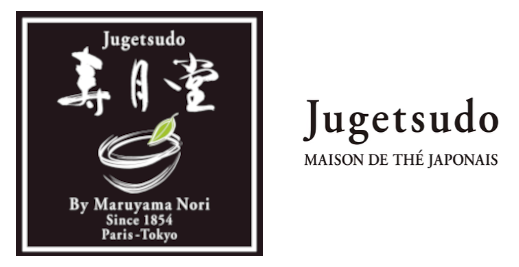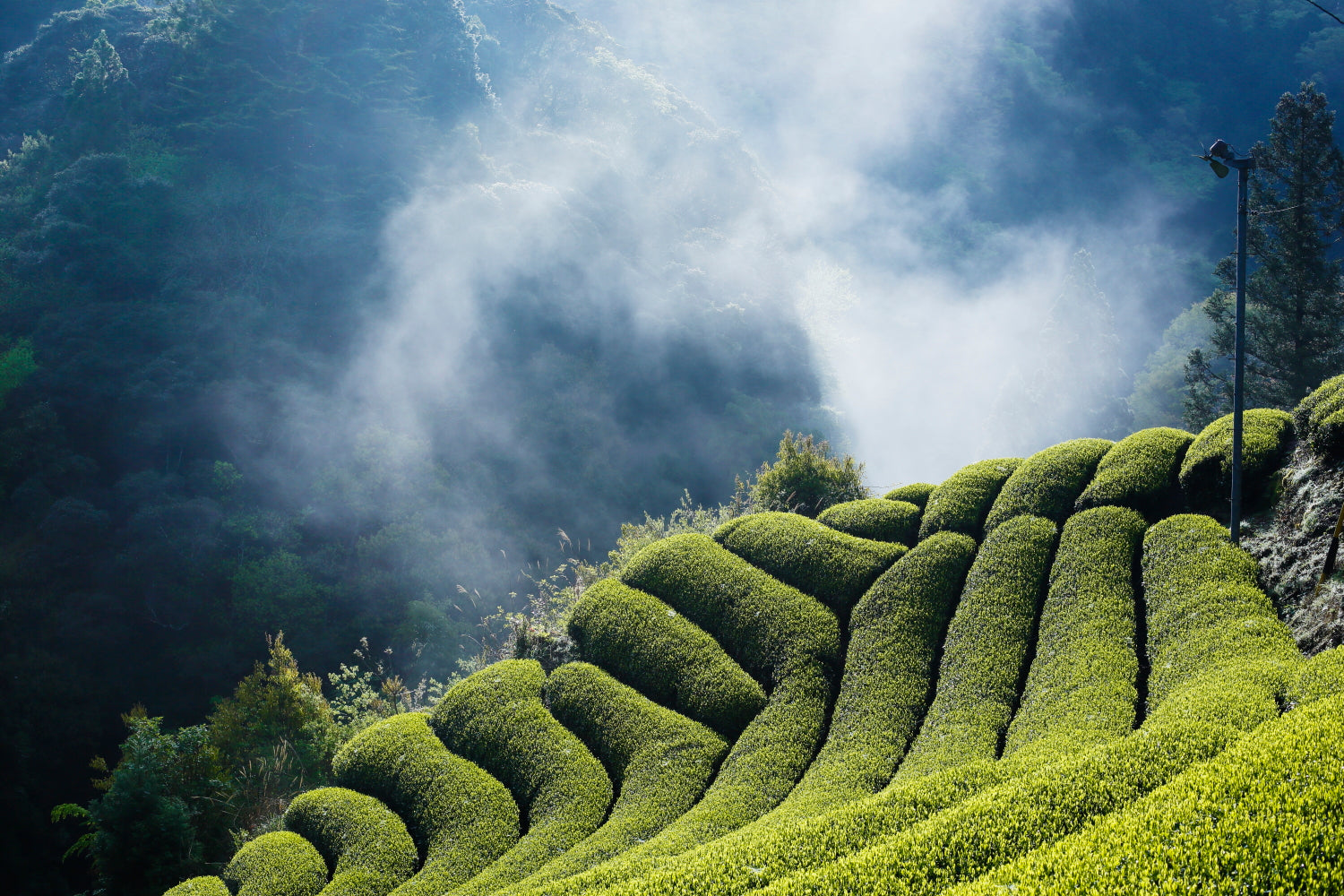Jugetsudo Paris

Cha Zen
For more than 160 years since our company was established, Maruyama Nori has been one of the No.1 dried seaweed producers in the world.
Sen no Rikyu (1522 – 1591), the grand master of the Wabi (Meaning “Sober and calm refinement”) school, brought the tea ceremony close to the spirit of Zen. Rikyu considered the spirit of the tea ceremony and that of Zen to be naturally joined (in what he calls “Cha-Zen Ichi-mi”). For him, making tea while engaging the five senses and tasting it meditatively is to have a complete Zen experience. We would be very pleased if you could come to our place and share a moment of joy through your five senses, while finding the spirit of Cha-Zen and Japanese culture through a couple of tea.
Jugetsudo Paris
95, rue de Seine, Paris 6e
OPEN : 11h00 – 19h00 (closed on Sundays and public holidays)
TEA SALON : 11h00 – 18h00
METRO : Odéon or Mabillon
TEL : +33 (0) 1 46 33 94 90
chumon@maruyamanori.com

Shop concept
Jugetsudo Paris has taken the concept of “Cha-Zen ichimi”, providing our customers with flavorful genuine teas as a portal to experiencing the spirit of Chazen and Japanese culture, where one can “experience the joy in focusing the five senses.” At the ground level floor, numerous stalks of bamboo hang from the ceiling in a radical design. On the Japanese cypress counter is a tea ceremony kettle, where various genuine Japanese teas can be enjoyed along with a selection of confections. As a genuine Japanese tea boutique, we carry tea accessories as well as original confections using Japanese tea, in addition to our selection of tea leaves.
In the basement tea room, we hold various cultural activities such as tea ceremonies, exhibitions, and sales of traditional crafts.

Kengo Kuma
The house was constructed by a world-class architect, Kengo Kuma “I wanted to build a space reminiscent of a bamboo forest. There is a different kind of air to a bamboo forest that divides the usual world, with a different kindof light.
For this kind of a special space, I placed a solid slate of Japanese cypress with no knots or gnarls.
Japanese cypress is a special kind of wood, and it was believed that items placed on such a counter would become smoother.
My intentions were to have people enjoy the taste of “nature” upon this counter. The basement is a stone tea room. Tea will likely hint at yet another dimension, in the basement caverns of Paris”


